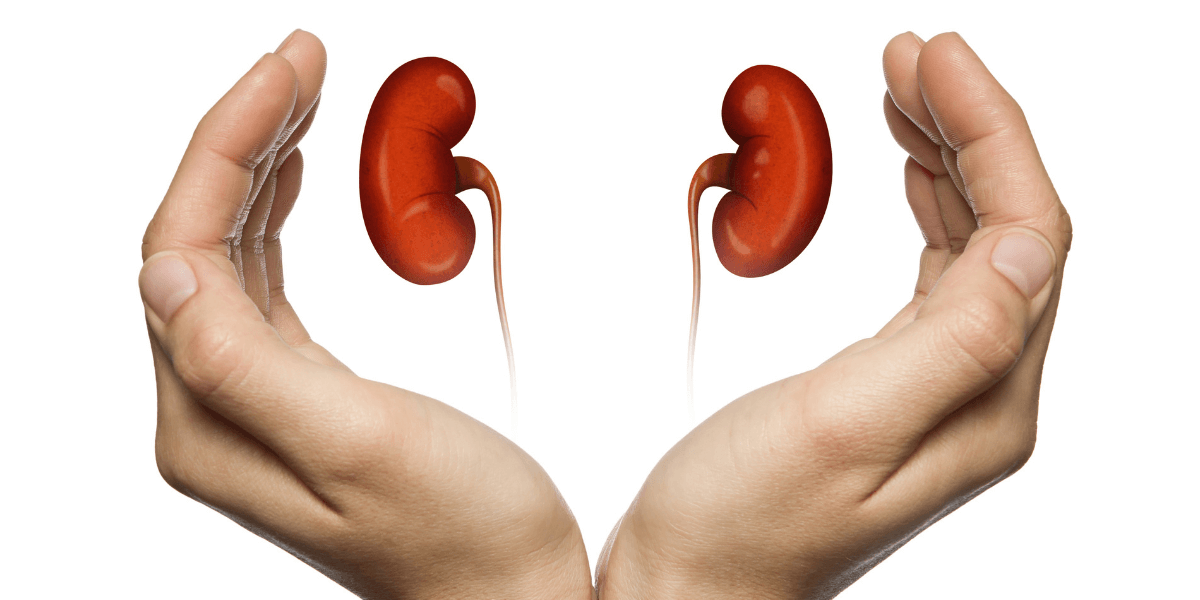


The kidneys are one of the most important organs in the human body. Kidney failure can result in major sickness or even death. Each kidney has a unique structure and function. In this blog, we will learn more about the kidneys and their important functions in the body.
Most individuals know that one of the kidneys' primary functions is to eliminate waste materials and excess fluid from the body. The urine removes these waste materials and extra fluid. Urine production involves a series of very intricate excretion and reabsorption procedures. This mechanism is required to keep the body's chemical equilibrium in balance.
The kidneys are responsible for the vital control of the body's salt, potassium, and acid levels. In addition, the kidneys create hormones that influence the operation of other organs. A hormone generated by the kidneys, for example, increases red blood cell formation. Other hormones interact with the kidneys to regulate blood pressure and calcium metabolism.
Kidneys are bean-shaped fist-sized organs located on both sides of the spine at the lowest level of the rib cage. There are approximately one million functioning units called nephrons in the kidneys. A nephron is made up of a glomerulus, which is a filtering unit of microscopic blood capillaries connected to a tubule. When blood enters the glomerulus, it is filtered, and the residual fluid flows down the tubule. Chemicals and water are added to or removed from this filtered fluid in the tubule according to the demands of the body, with the result being urine.
Chronic kidney disease is characterized as having a kidney anomaly, such as protein in the urine, and having impaired kidney function for three months or more.
There are various causes of chronic kidney disease, which include:
Usually, both the kidneys are affected by kidney disease. Although various kidney diseases do not have symptoms until the disease progress further, here are some signs you should be aware of:
Early detection and treatment of chronic kidney disease are critical to preventing kidney failure. To diagnose early kidney disease, there are a few basic tests that can be initially performed. Some of these tests include:
Yes, many kidney diseases can be effectively treated. Controlling diseases such as diabetes and high blood pressure can help prevent or slow the progression of kidney disease. Kidney stones and urinary tract infections are frequently treatable. Your nephrologist can guide you on the likelihood that kidney disease may or may not progress.
Hemodialysis, peritoneal dialysis, or kidney transplantation are the ways with which kidney failures can be treated.
Are you suffering from kidney problems and are looking for a nephrologist near you? If so, contact Kidney Physicians of Indiana in Indianapolis today to schedule an appointment. We are one of the best kidney clinics in Hoosier state. Our team of highly experienced and board-certified kidney specialists is committed to taking full care of you and your loved ones. Our healthcare providers can treat and manage most kidney disorders.